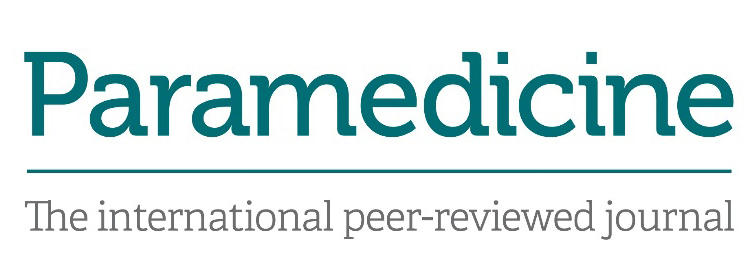|
Database quality assessment in research in paramedicine: a scoping review Introduction Research in paramedicine faces challenges in developing research capacity. These challenges include access to high-quality data. A variety of unique factors in the paramedic work environment influence data quality. In other field of healthcare, database quality assessment (DQA) frameworks provide common methods of quality assessment as well as standards of transparent reporting. No similar DQA frameworks exist for paramedicine, and practices related to DQA are sporadically reported. Objective To describe the range, extent, and nature of DQA practices within research in paramedicine. Methods This review followed a registered and published protocol and an established reporting guideline (PRISMA-ScR). In consultation with a professional librarian, a search strategy was developed and applied to MEDLINE (National Library of Medicine), EMBASE (Elsevier), Scopus (Elsevier), and CINAHL (EBSCO) to identify studies published from 2011 through 2021 that assessed paramedic data quality as a stated goal. Studies that reported quantitative results of DQA using data that relate primarily to the paramedic practice environment were included. Protocols, commentaries, and similar study types were excluded. Title/abstract screening was conducted by two reviewers; full-text screening was conducted by two, with a third participating to resolve disagreements. Data were extracted using a piloted data-charting form. Results Searching yielded 10,105 unique articles. After title and abstract screening, 199 remained for full-text review; 97 were included in the analysis. Included studies varied widely in many characteristics. Majorities were conducted in the United States (51%), assessed data containing between 100 and 9,999 records (61%), or assessed one of three topic areas: data management, trauma, or out-of-hospital cardiac arrest (61%). Terminology used to describe domains of data quality varied among included studies and frequently overlapped; these were categorized under 5 summary domains: completeness, linkage, accuracy, reliability, and representativeness. Some domains and emerging topics seen in other areas of healthcare did not appear among the included studies. Conclusions There are few common standards in terms of variables, domains, methods, or quality thresholds for DQA in paramedic research. Research in paramedicine would benefit from a standardized framework for DQA that allows for local variation while establishing common methods, terminology, and reporting standards. |
Dr. Neil McDonald is an Advanced Care Paramedic in Winnipeg, Manitoba. He currently works as a Training Officer and Research Coordinator with the Winnipeg Fire Paramedic Service, and has been involved in recent projects on prehospital trauma treatment,




